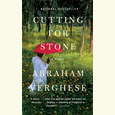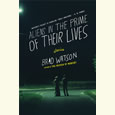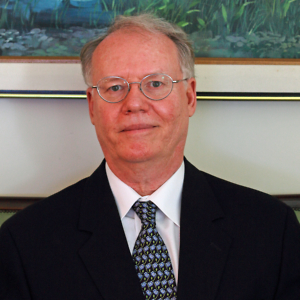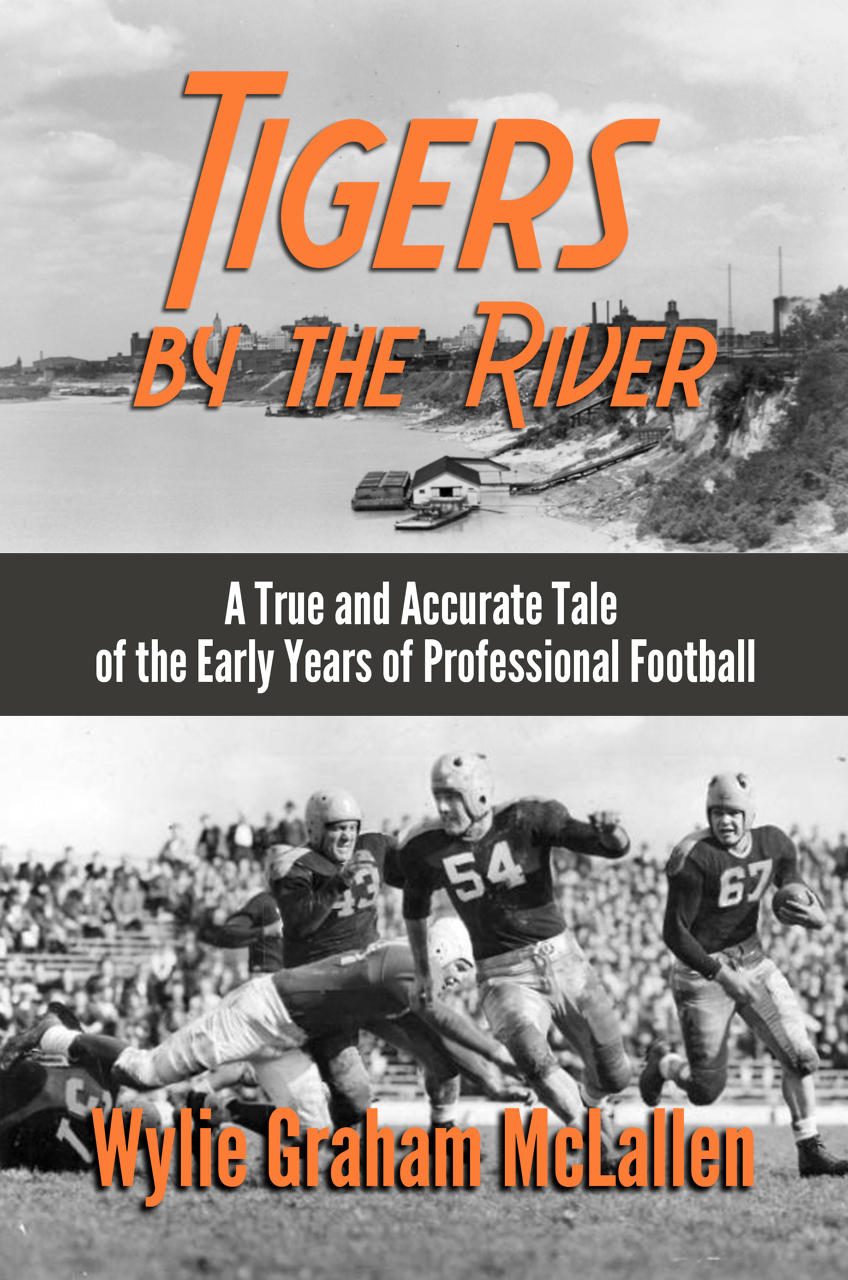Poet as Alchemist
Chapter 16 talks to Blas Falconer about his new guide for aspiring poets
Poetry is the product of a mysterious alchemy, a marriage of craft and instinct. No two poets follow quite the same formula for making that marriage a success, but every poet seeks guidance in the work of others. Mentor and Muse: Essays from Poets to Poets brings together thirty poets, including accomplished writers such as Ralph Angel, Phillis Levin, and A. Van Jordan, to share their wisdom. The contributors tackle everything from inspiration to punctuation, often from a highly personal perspective, on the assumption that “art itself can be the artist’s best teacher.”
Blas Falconer, one of the editors of Mentor and Muse, is himself both a teacher and an artist. He guides students and aspiring poets in his job as an English professor at Austin Peay State University in Clarksville, where he also serves as poetry editor of the literary journal Zone 3. He’s an award-winning poet, as well. His 2007 collection, A Question of Gravity and Light, is filled with deeply felt poems about displacement and alienation that are informed by his Puerto Rican heritage and his experience as a gay man.
Falconer answered questions from Chapter 16 about the idea behind Mentor and Muse, his own sources of inspiration, and the challenge of balancing creative work and family life.
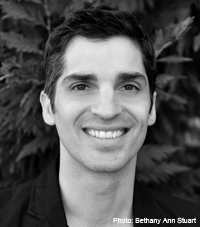 Chapter 16: Let’s start with the new book you’ve edited, Mentor and Muse. It seems to be targeted to anyone interested in writing poetry, and not just to creative-writing students. Are you hoping it will reach all those kitchen-table poets out there?
Chapter 16: Let’s start with the new book you’ve edited, Mentor and Muse. It seems to be targeted to anyone interested in writing poetry, and not just to creative-writing students. Are you hoping it will reach all those kitchen-table poets out there?
Falconer: Initially, my co-editors and I wanted to put together a book that helped our students actively explore how they understand poetic elements and devices, but we also wanted the book to be useful outside of the classroom. The essays are nuanced and intelligent, but they aren’t written in academic jargon or elevated diction. On the contrary, I think that the essays are often very personal and readable. Some of them, in fact, are inspirational as essays.
Chapter 16: Many of the writers in Mentor and Muse discuss a particular poem that has served as a touchstone for their work. What’s yours, and how does it serve you?
Falconer: It depends, I suppose, on what state of mind I’m in or what skill I need to sharpen. When I feel uninspired and frustrated with my own poetry, I like to reread books that are ambitious and courageous. I just finished Mary Jo Bang’s Elegy, for example, which I will certainly return to. Sometimes, when I’m feeling less imaginative, I turn to Mary Ann Samyn’s Purr. Susan Mitchell’s Rapture often helps to evoke vivid imagery. If I don’t seem to be paying attention to the music of the line, I turn to Phillis Levin’s Mercury, among other books.
Chapter 16: What about other kinds of creative touchstones? Is there a work of art, literature, or music that you return to for inspiration?
Falconer: When I was twenty-one, I saw Masaccio’s “Expulsion from the Garden of Eden,” and was moved beyond words. As I wrote the poems for my first book, I returned several times to that image for inspiration.
I don’t have very sophisticated tastes when it comes to music, but sometimes it inspires me. I often listen, for example, to Mercedes Sosa. My mother introduced me to her more than twenty years ago, and some of her songs still move me. I’ll listen to “Gracias a la Vida” or “Todo Cambia,” and before I realize it, I’m overwhelmed. I think, “I want my poems to do that.”
Chapter 16: Your first collection, A Question of Gravity and Light, explored a variety of settings and themes, but many of the poems were concerned with the “otherness” of being gay, or of feeling displaced. Do you think that experience of feeling like an outsider was part of what impelled you to become a writer?
 Falconer: I do. Growing up, I had this enormous secret that I desperately wanted to keep from the people closest to me. Trying to understand my sexual orientation and the hostility some seemed to have toward homosexuality, I had a very private life and became hypersensitive to my environment as well as to my own subtle and often contradictory emotions. To me, it makes perfect sense that I would eventually turn to poetry, which often encourages a similar kind of solitude and sensitivity.
Falconer: I do. Growing up, I had this enormous secret that I desperately wanted to keep from the people closest to me. Trying to understand my sexual orientation and the hostility some seemed to have toward homosexuality, I had a very private life and became hypersensitive to my environment as well as to my own subtle and often contradictory emotions. To me, it makes perfect sense that I would eventually turn to poetry, which often encourages a similar kind of solitude and sensitivity.
Chapter 16: You have a new collection in the works, right? Can you tell us a little about it?
Falconer: I’m finishing up a second book-length collection of poems. I think that it’s very different from the first because I’m not concerned so much with being an outsider. Neither my sexual orientation nor my extended family plays a major role. Also, many of the poems from A Question of Gravity and Light are inspired by the landscape of Puerto Rico and my memories there, while this book is rooted in Tennessee, which I now consider home, and addresses more recent events—namely, my son’s adoption. The Foundling Wheel will be published by Four Way Books in fall 2012 or spring 2013.
Chapter 16: You have a family and a lot of professional obligations. Is it hard to find the time and psychic space to write?
Falconer: It has been a challenge, but I love teaching at APSU and editing. This summer, I went to the Jentel Artist Residency in Banner, Wyoming. The place was unbelievably beautiful and inspiring. The uninterrupted time allowed me to complete the first draft of The Foundling Wheel. Without that time, I don’t know how I would have finished the manuscript.
Chapter 16: What do you read to your young son, and what do you look forward to sharing with him as he gets older?
Falconer: I love reading out loud or being read to. Once I tried to get my partner, Joseph, interested in reading together at night. That didn’t last long, but I still have high hopes for my son, Rane. We read all sorts of books, but right now he’s obsessed with trains, so anything with trains can almost keep his attention. (A personal favorite of mine is Guess How Much I Love You [by Sam McBratney].) Nothing against trains, but I imagine us reading The Chronicles of Narnia, Bridge to Terabithia, Where the Red Fern Grows, and other books from my own childhood.

